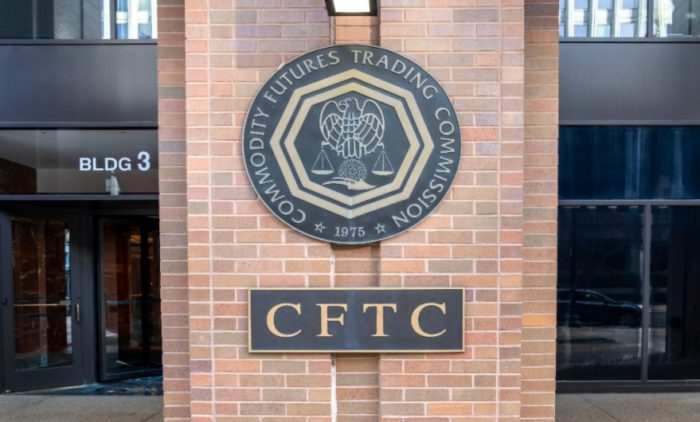The Commodity Futures Trading Commission filed a civil enforcement action against Avraham Eisenberg charging him with fraudulent and manipulative scheme to steal $110 million in digital assets from a purported decentralized digital asset exchange.
The case marks CFTC’s first enforcement action for a fraudulent scheme connected trading on a purported decentralized digital asset platform, and its first case involving a scheme that is sometimes called “oracle manipulation.”
The US regulator is seeking relief, civil monetary penalties, disgorgement of any ill-gotten gains, restitution, as well as permanent trading and registration bans.
Acting Director of Enforcement Gretchen Lowe, said:
The CFTC will use all available enforcement tools to aggressively pursue fraud and manipulation regardless of the technology that is utilized. The CEA prohibits deception and swap manipulation, whether on a registered swap execution facility or on a decentralized blockchain-based trading platform.”
The scheme
According to the official complaint, Eisenberg misappropriated more than $110 million in digital assets from Mango Markets on 11 October 2022.
He did that by creating two anonymous accounts on Mango Markets, the purported decentralized digital asset exchange. Eisenberg used the two accounts to establish large leveraged positions in a swap contract whose value was based on the relative price of Mango Markets’ “native token”, MNGO, and USDC, a stablecoin.
The CFTC alleges that then Eisenberg artificially pumped up the price of MNGO purchasing large quantities of MNGO on three digital asset exchanges that were the inputs for the “oracle,” or data feed, that Mango Markets used to determine the value of Eisenberg’s swap positions.
As a result of the “oracle manipulation”, the price of MNGO, jumped more than 13 times during a 30-minute span, creating a temporary, artificial pike in the value of Eisenberg’s swap positions. He then cashed out his profits and withdrew over $110 million in digital assets from Mango Markets, draining the platform of most of the assets that had been deposited by other users.
In an attempt to evade liability, Eisenberg agreed to return part of the digital assets on the condition that Mango Markets agreed to “not pursue any criminal investigations or freezing of funds.” He ultimately returned $67 million to Mango Markets and kept $47 million worth of various digital assets.
U.S. Attorney’s Office for the Southern District of New York filed criminal charges against Eisenberg in a parallel action. He is charged with commodities fraud and commodities manipulation.
